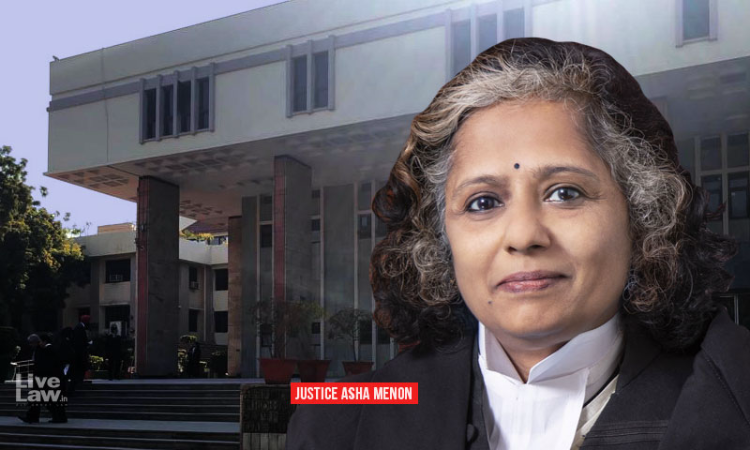Concurrent Registration Of Same Or Similar Trademark By Two Or More Persons Not Per Se Barred: Delhi High Court
Nupur Thapliyal
11 April 2022 12:00 PM IST

Both validly registered proprietors can use Trademarks to exclusivity of third parties, can't assert rights against each other.
Next Story


